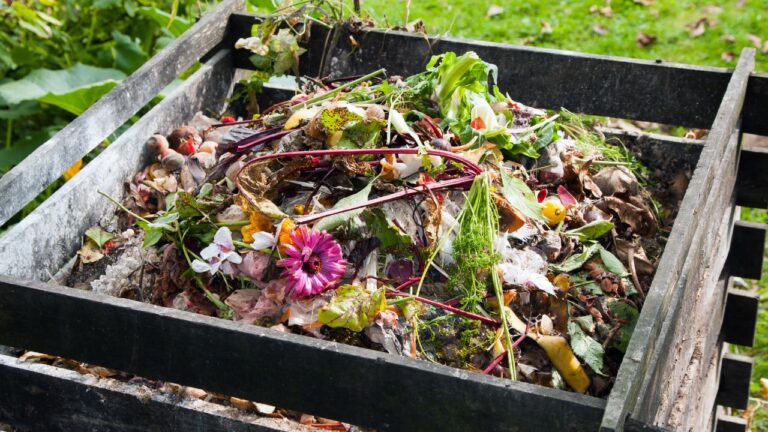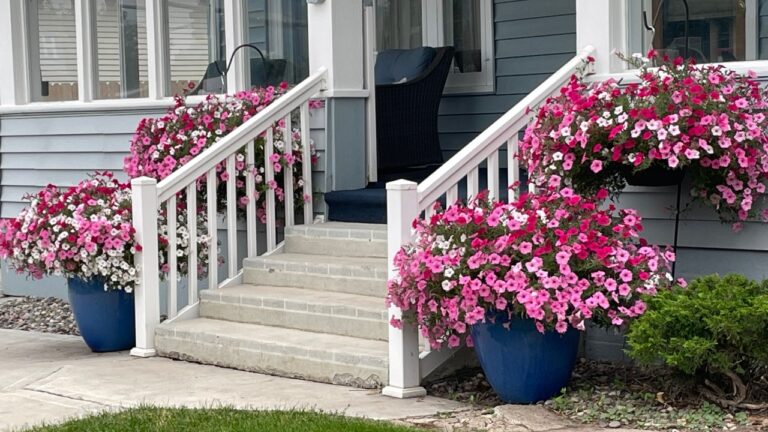8 Things We Learned From Failing on the Homestead
If you stick with homesteading long enough, you’re going to mess up. More than once. We’ve killed plants, lost animals, wasted money, and made choices that looked smart at the time and turned into a disaster later.
But honestly, those failures have taught us more than the wins ever did. Here are eight lessons we learned the hard way—so maybe you don’t have to.
Don’t Add Too Much at Once
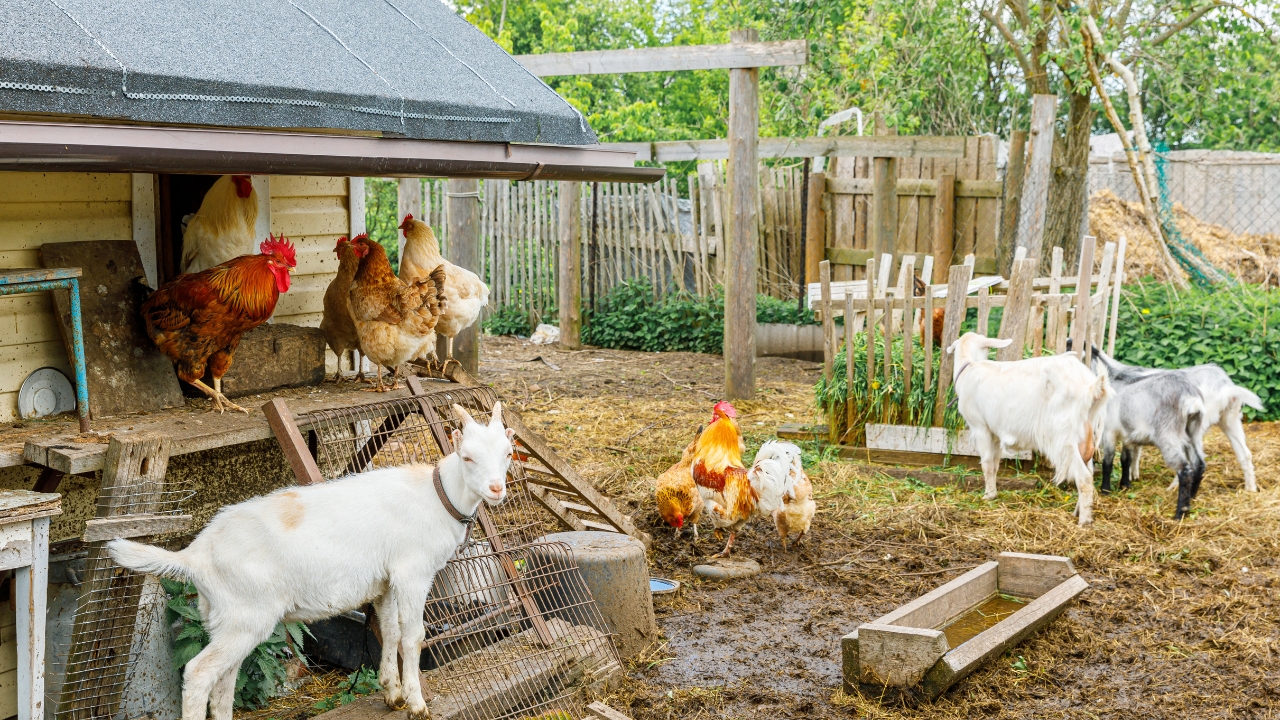
It’s tempting to go all in—new garden, chickens, a couple goats, maybe try canning too. We did that. It nearly broke us. Nothing got done well, and everything felt like a fire to put out.
Now we focus on one thing at a time. Get good at it, then move on. Homesteading’s a long game. You don’t need to do it all in your first season—or even your second.
Cheap Doesn’t Always Mean Saving

We tried cutting corners on fencing, tools, and feed. It cost us way more in the end. Fences fell apart. Tools broke when we needed them. And cheap feed made for sick animals.
That doesn’t mean you need the most expensive stuff—but “cheap and fast” usually means fixing it later. Now we’d rather spend a little more up front than waste time redoing it later.
Animals Multiply the Workload Fast

We thought a few chickens would be simple. Then we added rabbits. Then ducks. Then it all felt like too much. Feeding, watering, cleaning, fencing—it stacks up fast.
Start small and see what fits into your routine. Animals are a daily job, not a weekend one. And once you’ve got them, you’re on the hook, rain or shine.
Raised Beds Are Worth It

Our first in-ground garden looked great in spring and turned into a weedy mud pit by July. It didn’t drain well, and we couldn’t keep up with the maintenance.
Switching to raised beds gave us more control—better soil, less compaction, and easier weed management. It took work to build them, but it made everything else easier in the long run.
You’ll Waste Less When You Plan Meals

We used to grow all kinds of stuff just because we could. Then it would sit in the fridge until it went bad, or we’d forget to can it in time.
Now we plant with meals in mind. What do we actually cook and eat? That question guides what we grow and preserve. It cuts down on waste and makes harvest time a lot less stressful.
Things Take Longer Than You Think
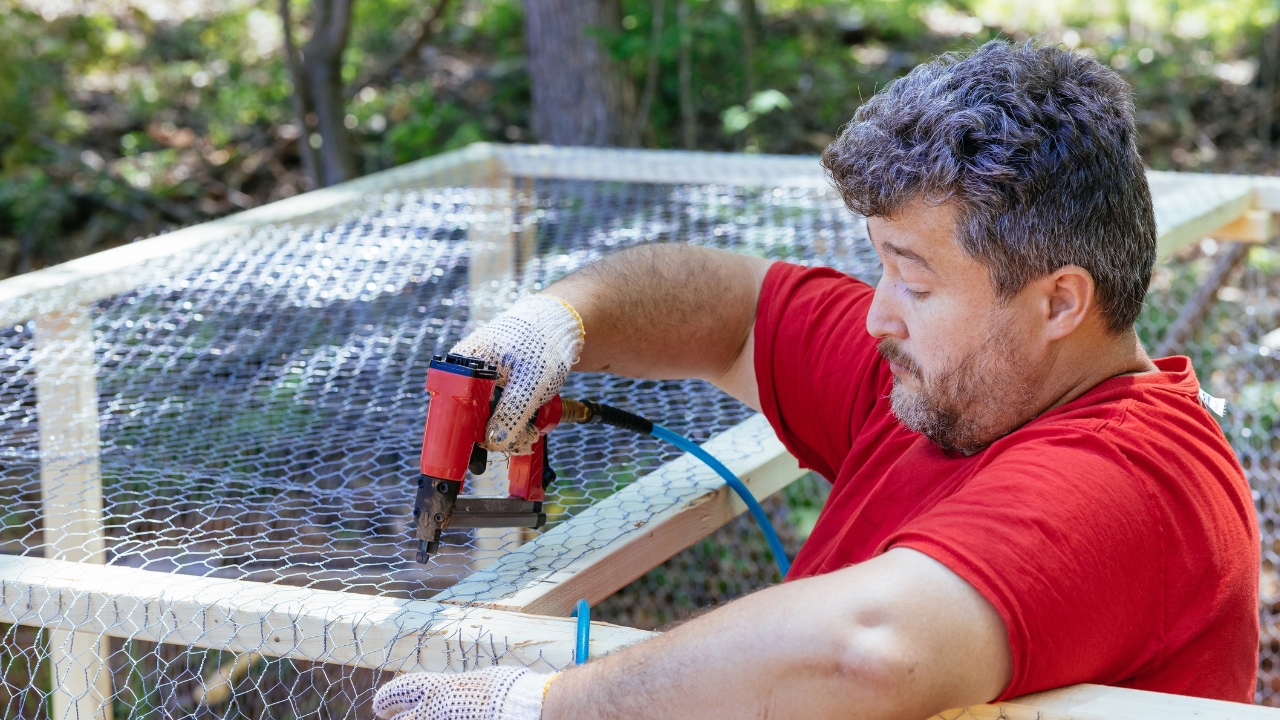
Everything from building a chicken coop to planting a garden takes twice the time you plan for. Especially if you’ve got little kids, limited daylight, or no help.
Now we pad every project with extra time and don’t beat ourselves up if something doesn’t get done in a weekend. It’s better to finish it right than rush and fix it later.
You’re Gonna Mess Up Sometimes

We’ve forgotten to close the coop at night. We’ve left hoses running. We’ve lost crops to frost we didn’t see coming. It’s part of it.
The trick is to fix what you can, learn from it, and move forward. Beating yourself up won’t feed your animals or get the garden replanted. You get better by trying, not by being perfect.
Community Makes a Difference
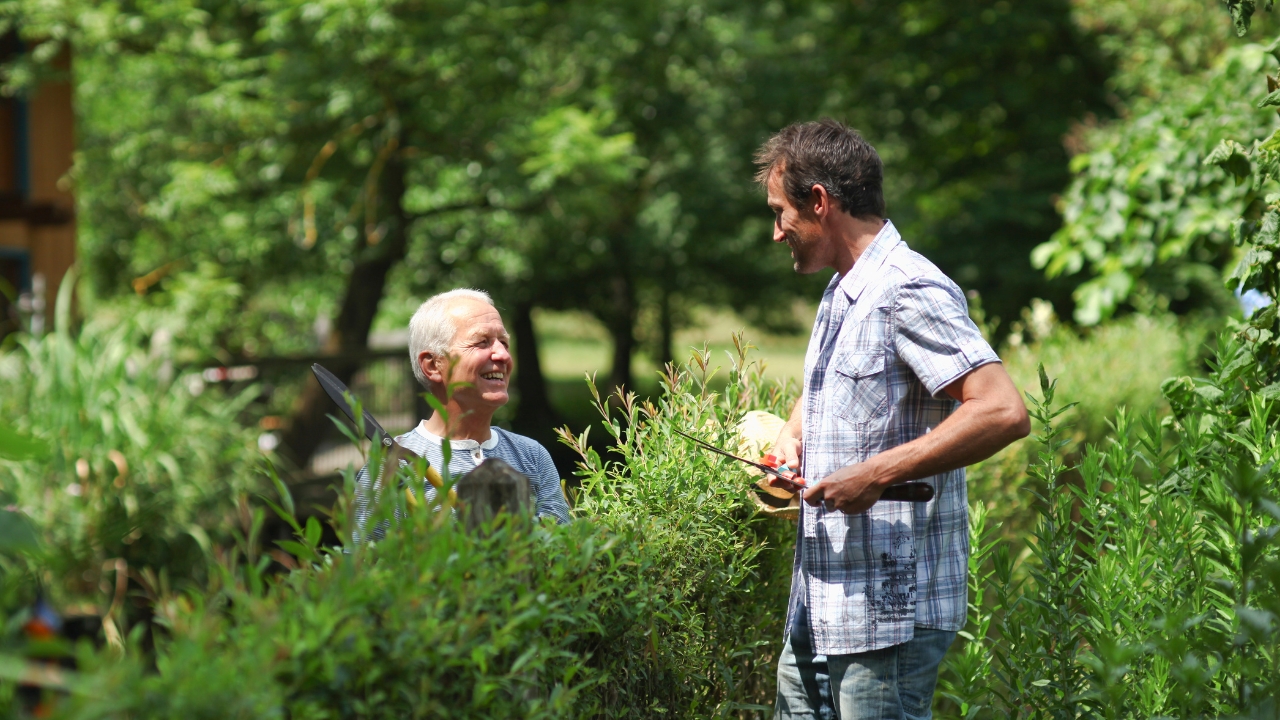
We tried to go it alone for a while. But borrowing tools, trading produce, and asking for advice from folks nearby made a bigger impact than we expected.
Having someone to call when your goat’s acting weird or your pressure canner won’t seal is a game changer. Even just knowing someone else has been there helps when everything feels like it’s falling apart.
*This article was developed with AI-powered tools and has been carefully reviewed by our editors.


